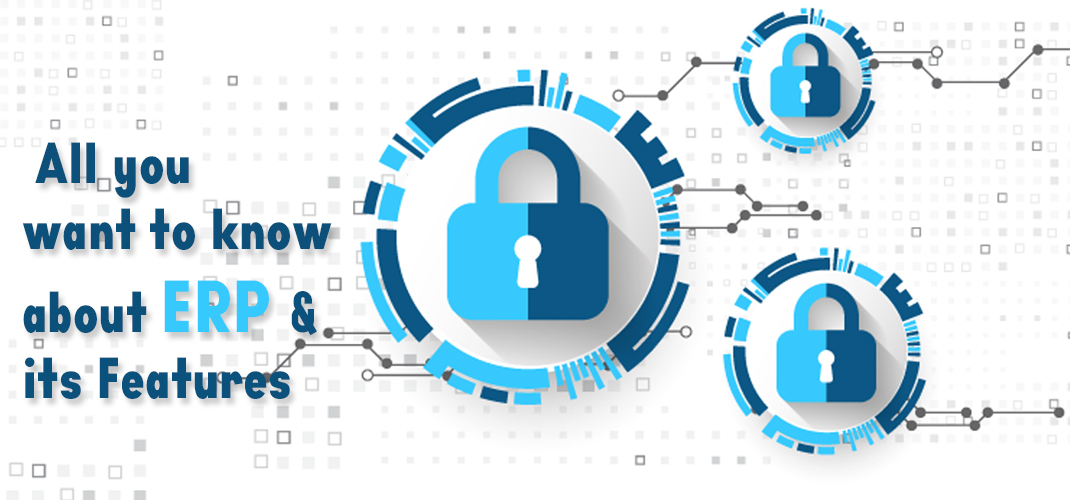
ERP is an acronym for enterprise resource planning – this is a very broad term, and it’s a little difficult to fathom everything that an ERP does for an organization. So let’s delve a little deeper and see what all enterprise resource planning software encompasses. An ERP solution integrates your various business processes like orders and inventory management, HR, accounting, CRM, sales and so on, into a comprehensive, centralized system; this way, both data and processes are streamlined across the organization – making day to day business activities easier, and increasing productivity on the whole.
In a best ERP system, there is a database that is shared by different departments of an organization; it supports the numerous functions used by these departments. A shared database will enable employees in different departments – say inventory and sales – to access the same information, but use it for their particular requirements.
An enterprise resource planning solution affords a certain amount of automation and synchronized reporting. This means you can eliminate the need to maintain individual databases and spreadsheets by different employees, which then need to be merged manually for the purpose of generating reports. There is ERP software that allows staff to pull reports from one system. Let’s say that sales orders get posted automatically to the accounting system without manual intervention; this will allow the employees in charge of managing orders to process orders quicker and more accurately; the accounts department can balance books faster as well. Most ERP applications also include a dashboard that enable employees to see at a glance, how the business if performing on important metrics.
Here are the basic features which any good enterprise resource planning software should include:
This is one of the most crucial components of an ERP app. IT facilitates proper financial reporting for various departments and cost centers. The most important reports generated are profitability report, cost center analysis report and management information report.
Human resources is also a vital module in any ERP system. In addition to employee management, payroll and basic reporting, this module also features performance assessment, tracking time, attendance and leave management, tracking KPIs and so on.
The importance of a robust customer relations management module in an ERP solution can’t be stressed enough. It manages your entire customer information – from leads to opportunities to sales. This module will help you serve your customers better and achieve business growth.
Inclusion of this module in your ERP app will help you streamline your purchase activity – whether for raw materials in a manufacturing unit or for wholesale goods in a retail establishment.
Ensure that the ERP software you implement is flexible and customizable as per the specific needs of your business; also, your business processes may change, so it needs to be adaptable. Your ERP app also needs to be scalable, to keep up with the changing needs of business growth.
Are you looking for an efficient ERP solution for your organization? You’re in good hands with IPIX Technologies. We have over 8 years of experience in providing comprehensive, customizable ERP systems for our numerous clients cutting across industries. Call us on +91 9544 800 204 now and tell us your requirements!